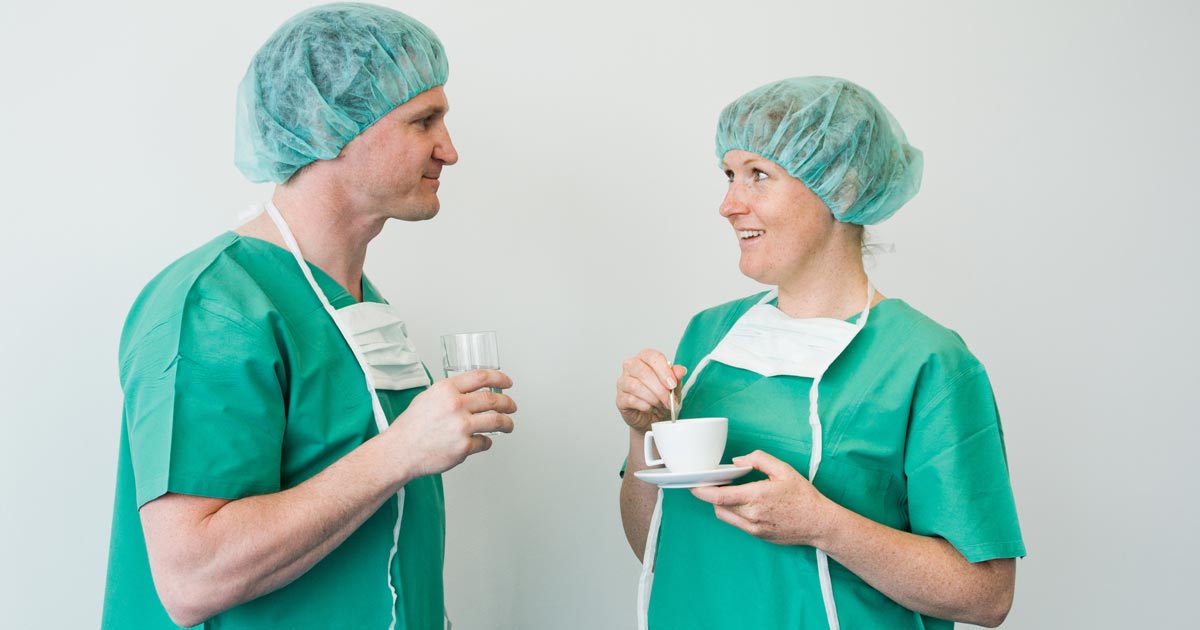So far in this five-part series I have stressed the importance of signalment and finding practical work while studying – both of which should be crucial in student learning.
In this third part I decided to focus on the incredible support nursing and reception teams offer vets – both on a professional and personal level.
Lifeline
I did not appreciate how much I would come to rely on nurses and receptionists for support. For me, the support is both clinical and emotional. Not long after graduation, I remember I asked my head nurse at the time for advice on how to treat a hot spot, as I had never done so before.
It was an extremely humbling experience – especially since it had never occurred to me until that point that I may need my nursing staff to offer clinical tips or perspective. Then again, I forget a lot of the nurses have more experience than me, having assisted vets years before I even graduated.
Support
Nurses are also there for you emotionally – they are the ones with you when you treat your patients; so, just like you, they share all the patients’ wins and also the losses. You will not be able to find someone else who can empathise with you more.
Sometimes, when faced with particularly difficult consults, you will be surprised how often you offload your stress by talking to them, and it’s quite a relief to know you have someone to listen.
I don’t think I could possibly explain to myself when starting out just how much I would rely on support teams.

Leave a Reply